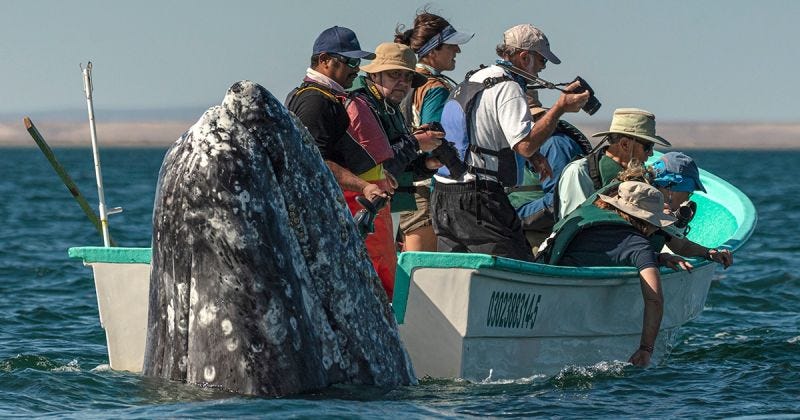The only thing that is not art is inattention
Marcel Duchamp--French-American painter, sculptor, chess player, and writer
I am sitting in a dark hotel room not alert enough to make a meaningful contribution to the text of my book but after a cup of bad hotel room coffee, almost ready to contemplate a morning run.
This hotel is sucky. Yes, I know there is a pandemic and all of that, but I also believe that brands should continue to reflect their values and certainly those that their customers hope to rely on. This hotel is a one-off but a brand none-the-less. Each bad experience ratchets up my loyalty to the hotel chain absent in the geographic destination where I currently find myself.
I opted for “convenience” rather than confidence in having my basic travel needs accommodated. Hospitality—in my opinion—should be “yes” in a suit. You only have to look around to see ways to improve the guest experience. High value hotel chains have baked this in the pie. They don’t want confusion around where to park, long lines for check in, poor communication, or rooms left inadvertently off the housekeeping docket.
For example, my hotel room had a desk but no desk chair. As I was locking my door I noticed an employee exiting a nearby staging area for housekeeping. I mentioned the lack of chair and was told to drag the arm chair in front of the desk. Perhaps my incredulous expression or the sudden realization that although I have brown skin I might be a guest and not an employee—he said, “Oh I thought you worked here.” What came next was even worse. He told me to call the front desk and request a chair. Ummm…I just told you. Why can’t you expedite a chair for my desk?
We don’t always look around us and examine our biases, the context of a situation, or the elephant in the room when negotiating what to do in a given situation.
Here is where I pivot to skill acquisition.
I am constantly asked about where to learn this skill or that skill, which program to purchase, which degree, how did I do this or that, how to find work, or how to start a data business. I think the whale onlooker gazing over the shoulder of the whale watchers tells the whole story. We get so narrowly focused on a perceived outcome that we can’t see the big picture. Often, what we need is right in front of our noses. Simple steps to move toward a goal. It is the small stuff that adds up to the big stuff.
The answer to all you seek is two-fold. First, be curious. Second, pay attention. People tell you what they need. Are you listening? Is the degree the goal or is it the skill? If you have the skill and don’t know what to do with it that seems to me like a lack of curiosity. I became a geospatial analyst because I needed different data. I needed dimensionality and location to answer the bigger questions or at the very least, to reformulate them.
Search for data. Read the stories that feature data and ask yourself important questions.
Where did the data come from?
What else would I like to see here?
Does the data I am seeking exist?
Is this the best way to view the data?
Examine the presence of pre-attentive attributes. Where is my attention being drawn? What might I miss if I am distracted by these tools?
One summer I started collecting my own data for a day. As I boarded a ferry and noticed we were being counted I asked for my number. I noticed cars in the lot, people waiting in lines, the number of carts being loaded and on and on. Start immersing yourself in the total experience. The answers may come to you. Not only will you have better insight as to your own navigation, you might end up exactly where you are headed.
I am writing this sitting in my overstuffed arm chair that I dragged to the desk. Some battles I am too weary to fight.



Ooooh! Wow, was this a tasty bit of writing! Loved how you brought it all together through an experience many of us have shared and provided some wonderful insights to motivate our asses.
Perhaps you should leave a copy of this post when checking out?
I am not now, nor am I likely to become, a professional data analyst, but you always inspire me to ask more questions. I think of myself as curious, but you remind me there are questions I had t thought of.
And I feel your pain about hospitality. Unfortunately I think too many places rely on the customer to be too tired/annoyed/frustrated to fight the battles … often where there shouldn’t be one. This is especially disappointing in an organization where “hospitality” should literally be your brand. If you are going to bother to put a desk in a room, there should be a proper desk chair at that desk.
And I think it comes down to basics and commitment to doing whatever you do, the best you can do it. And that means being curious and asking questions.